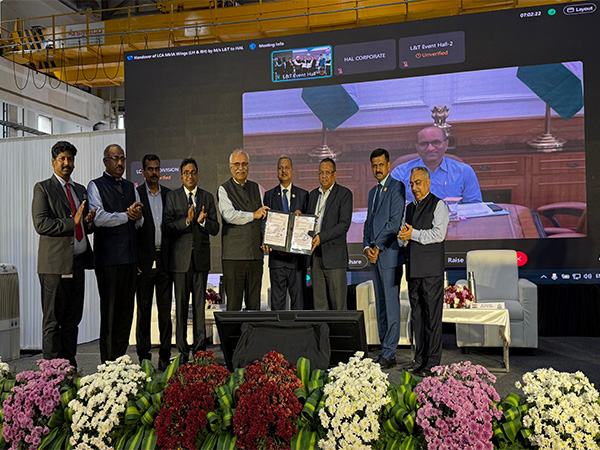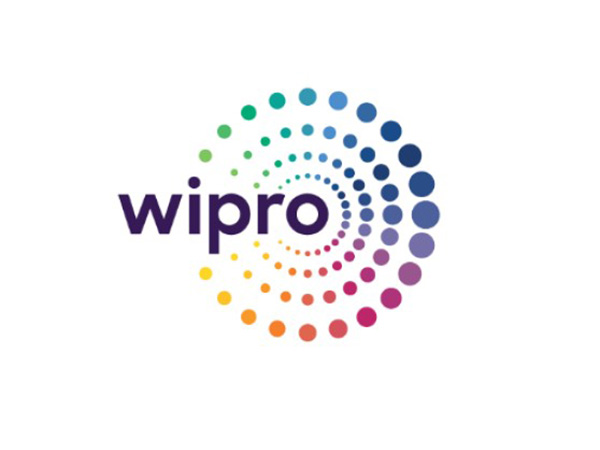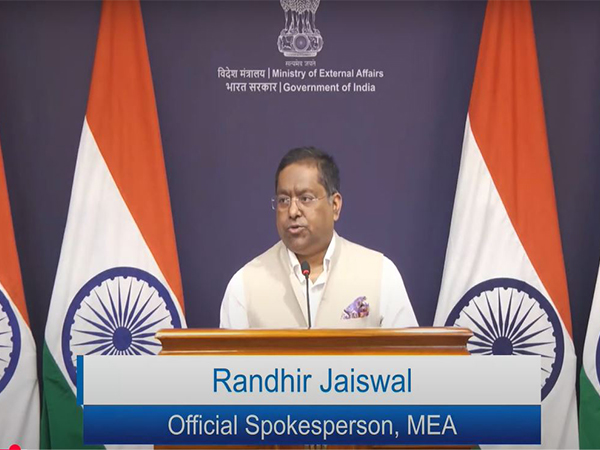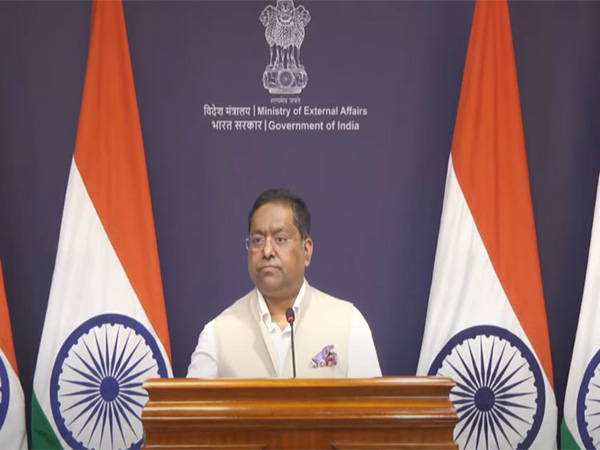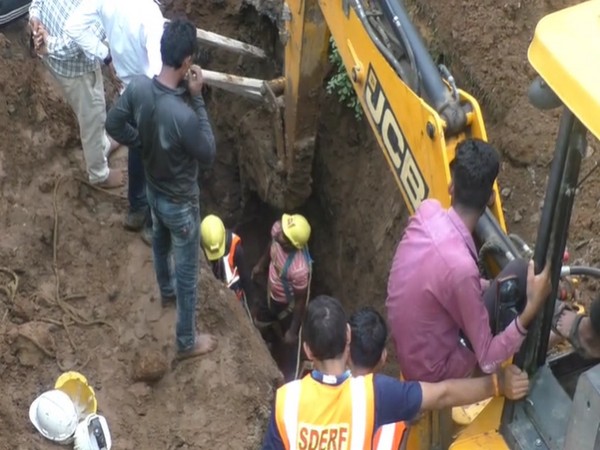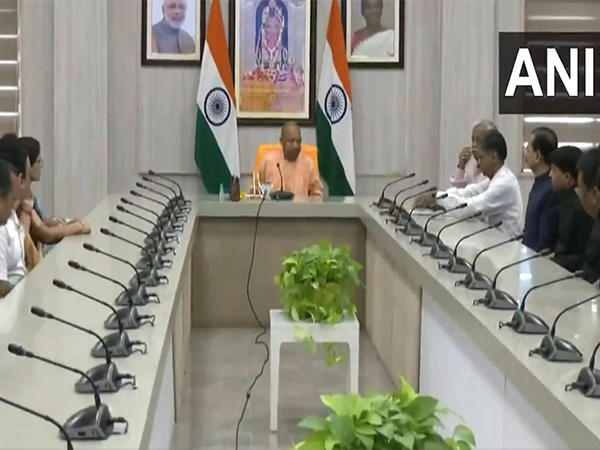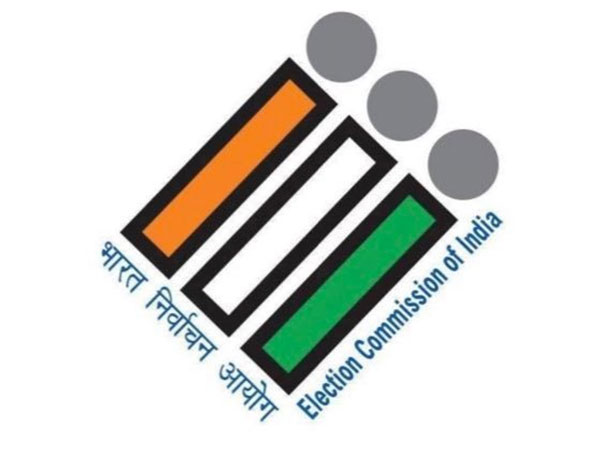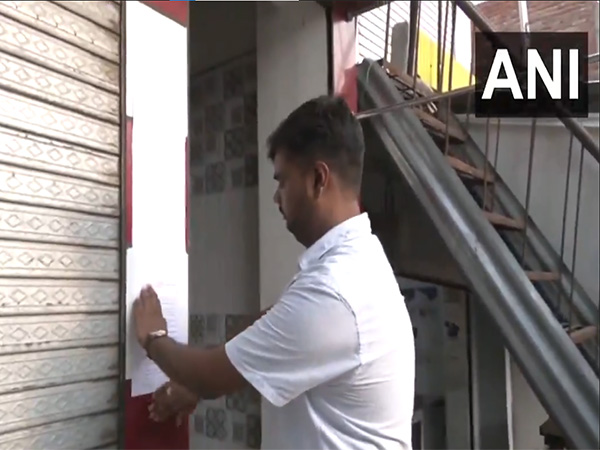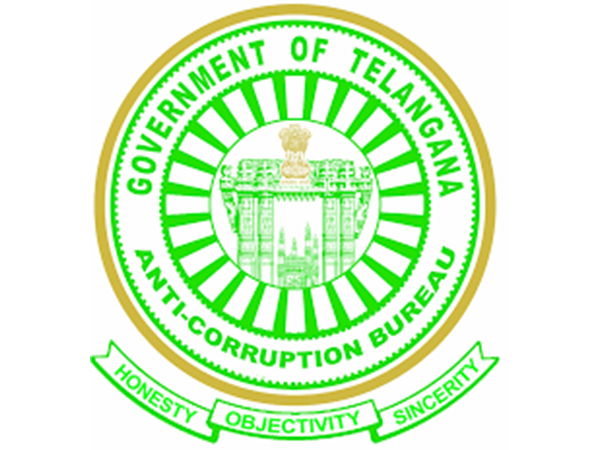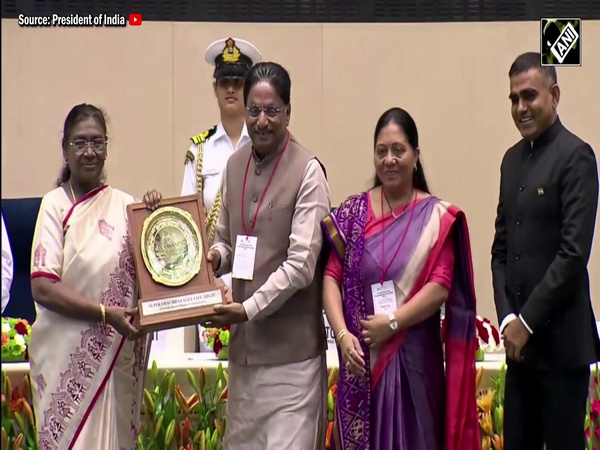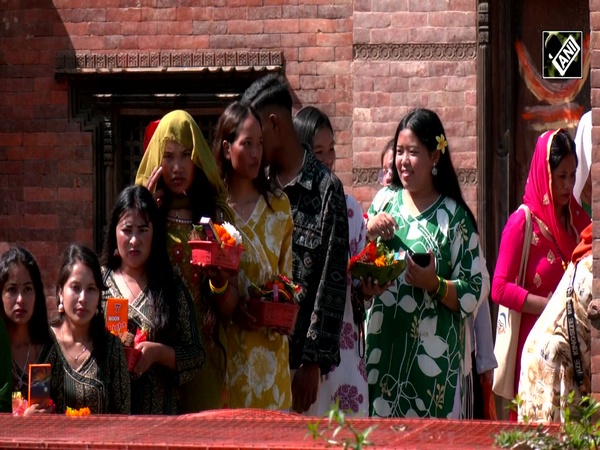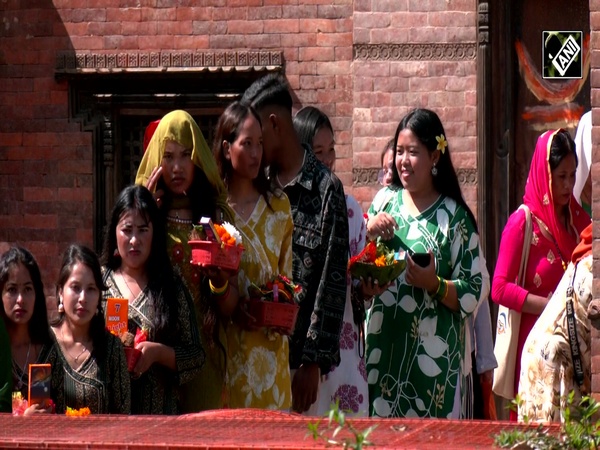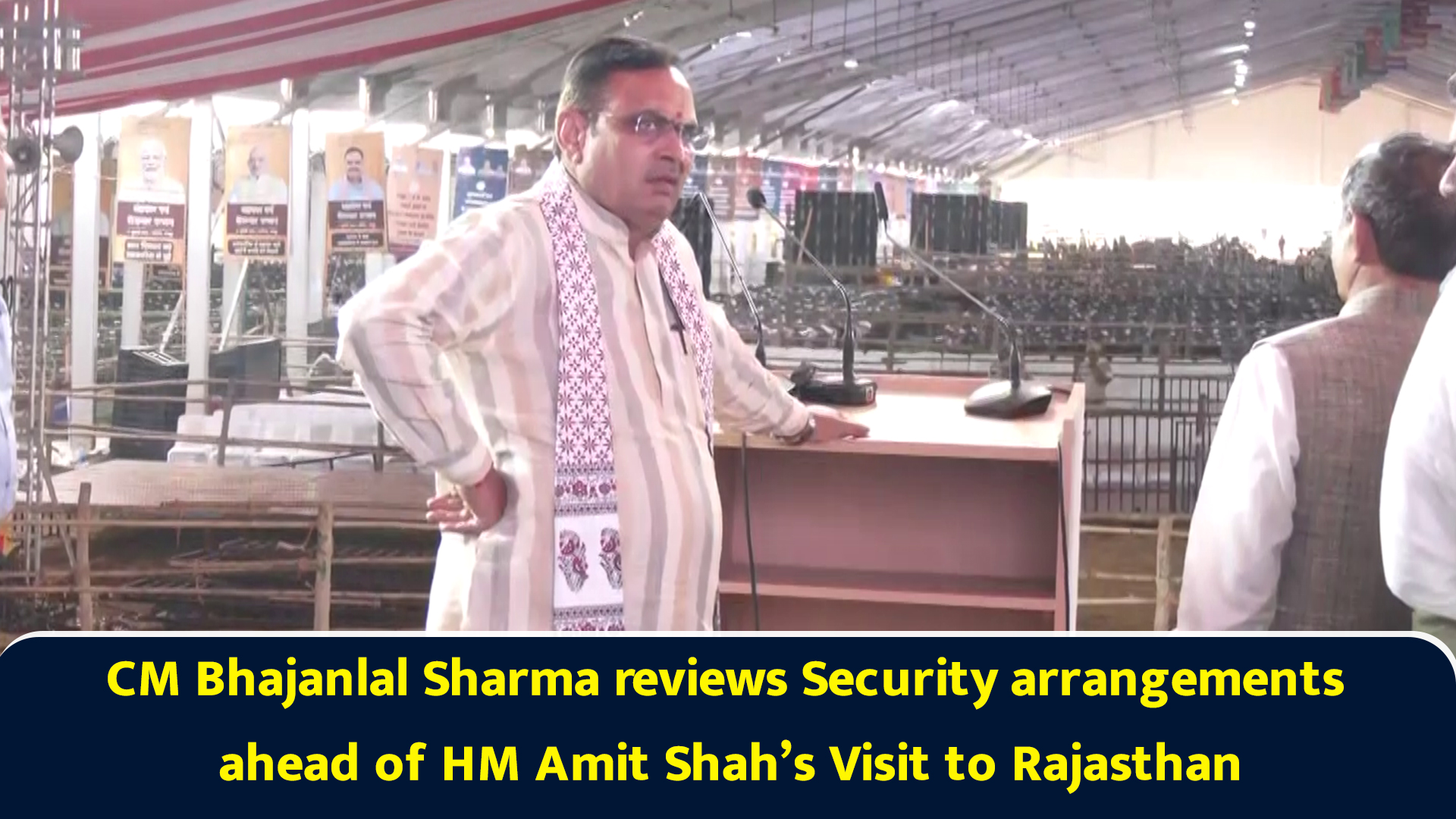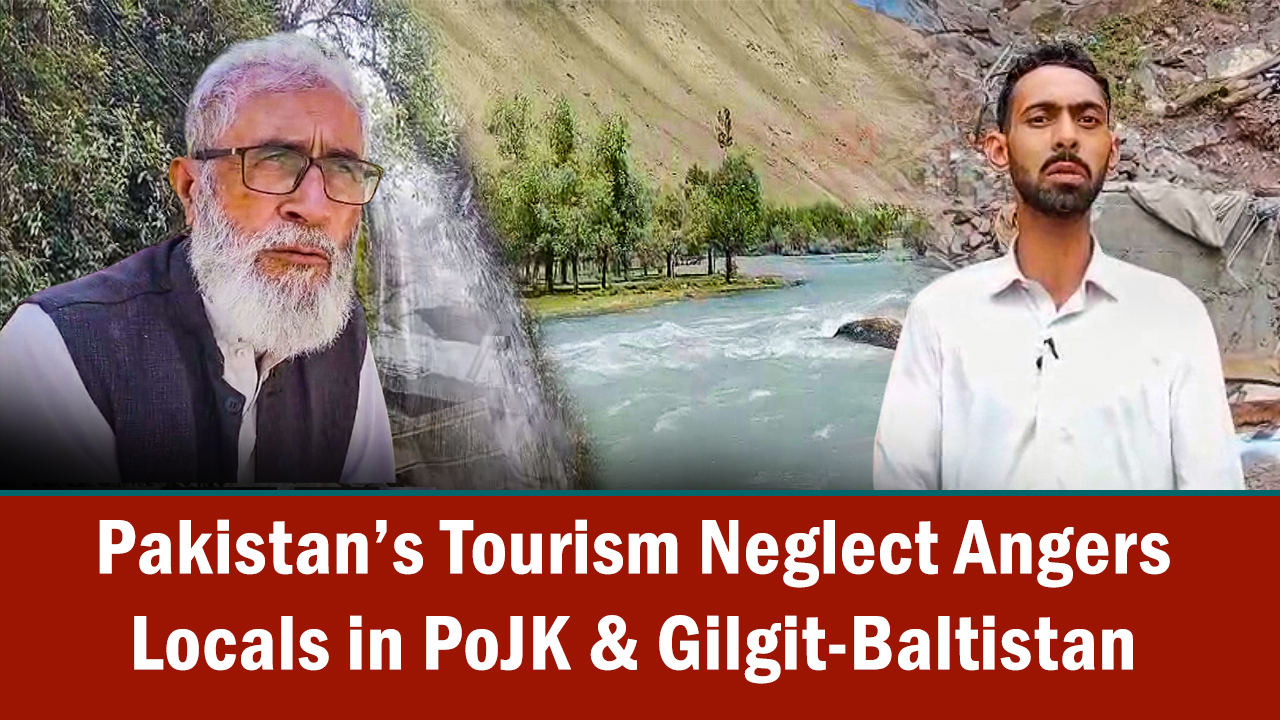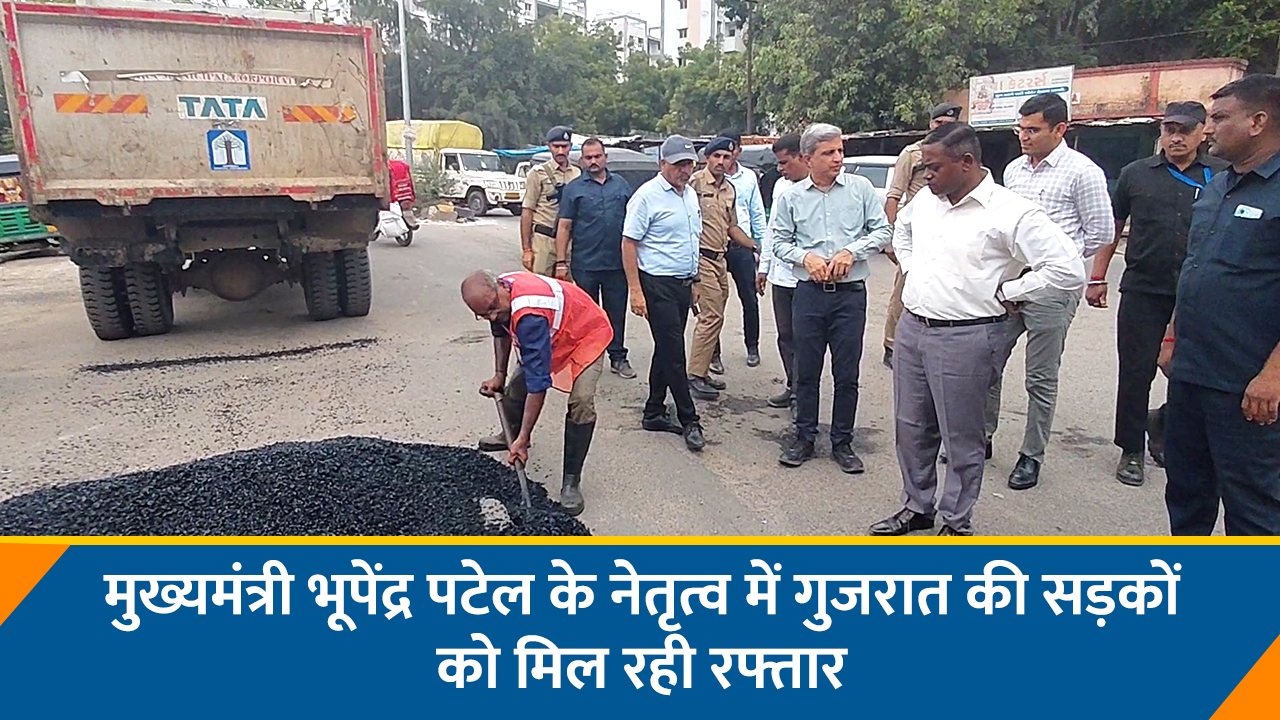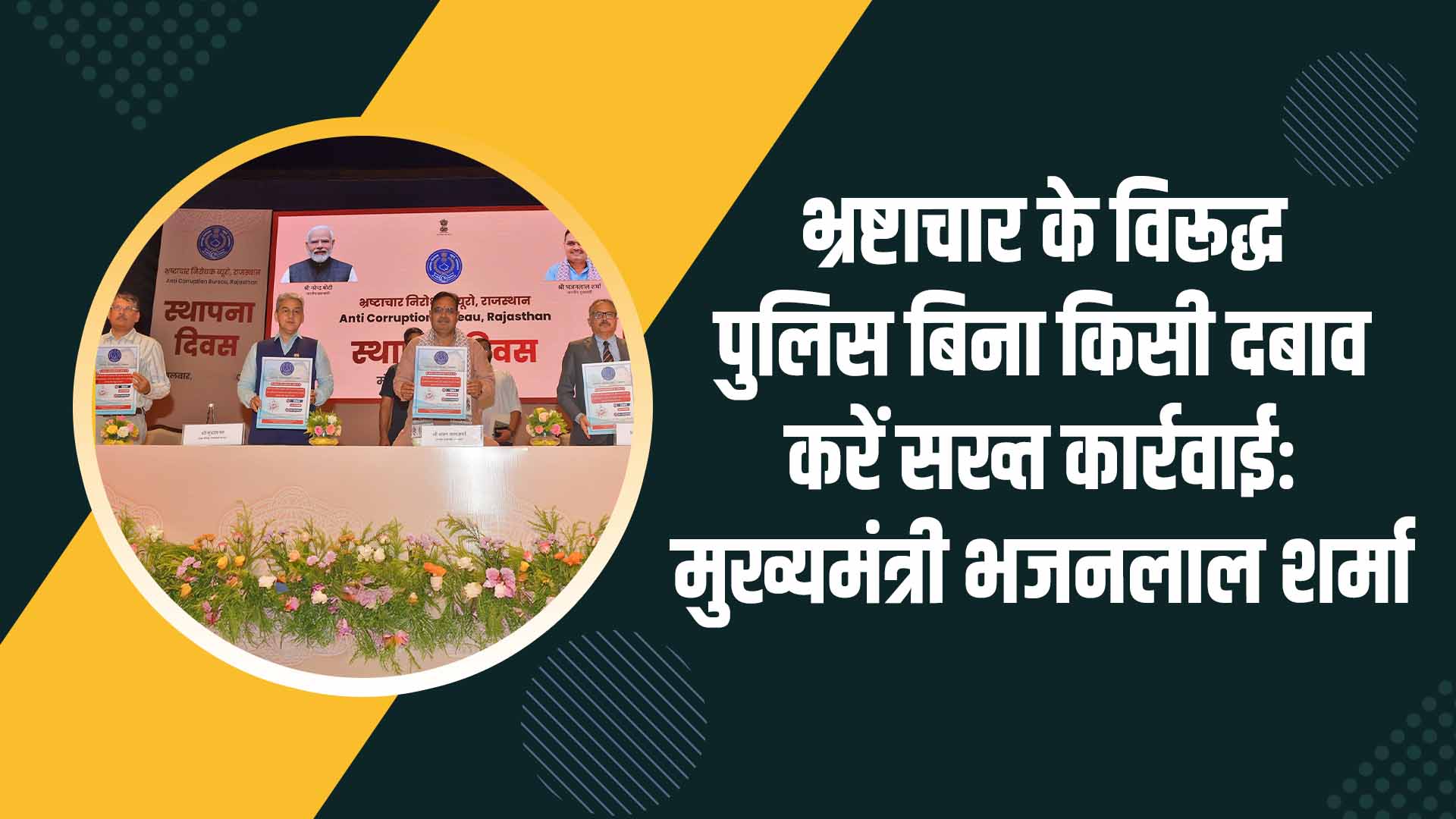India will be in league of most advanced economies in next 25 years: MoS Rao Inderjit Singh
Jun 11, 2022

New Delhi [India], June 11 : India will be in the league of the most advanced and economically developed nations in the next twenty-five years, Rao Inderjit Singh, Minister of State (Independent Charge), Ministry of Statistics and Programme Implementation; Ministry of Planning and Minister of State for Corporate Affairs, said on Saturday.
Addressing a National Conference on Competition Law organised by the Competition Commission of India (CCI), Singh said, "The Indian government is committed to being a facilitator of business to be able to achieve this vision."
The change that has happened since independence is reflected from the fact that agriculture's contribution to the economy has declined and the manufacturing and services sectors are the major contributors, the said.
The Minister hoped that the Competition Commission of India would provide institutional support to facilitate this transition by ensuring well-functioning markets.
He commended CCI's efforts in metamorphosising from the erstwhile MRTP Act into a modern competition law suitable for a modern market economy.
Addressing the conference Singh highlighted that India has to regain its lost glory and become an economic powerhouse. India, on an economic growth metric, is forging ahead of its peers, he said.
He mentioned that, historically, before it was colonised, India was an advanced economy with a high share in the world economy.
"We, as a nation, will be in the league of the most advanced and economically developed nations in the next twenty-five years, as envisioned by our Prime Minister," he said.
The Competition Commission of India organised a National Conference on Competition Law as part of the ongoing Azadi ka Amrit Mahotsav (AKAM).
During the conference, the minister also released a film capturing the 13 years of the Commission's journey, in addition to releasing the special edition of Fair Play, the quarterly newsletter of CCI, themed on AKAM, as well as competition advocacy booklets in regional languages.

